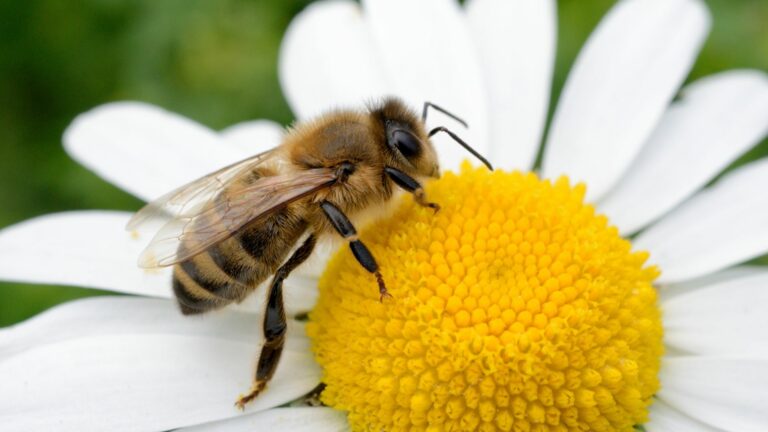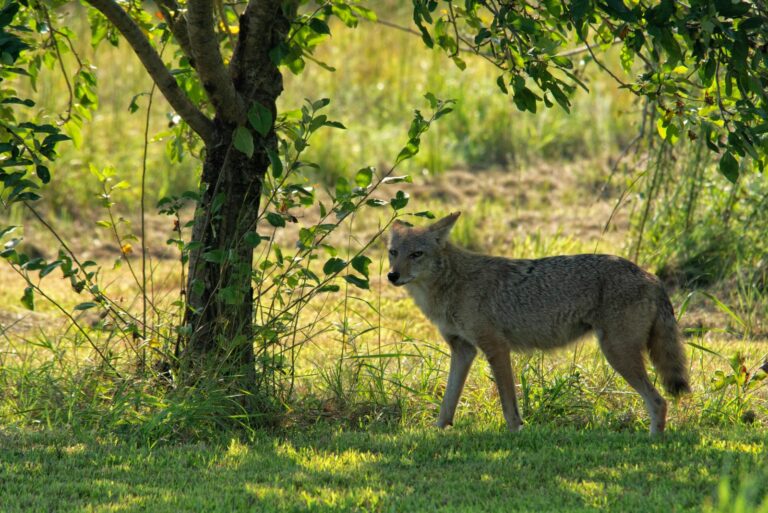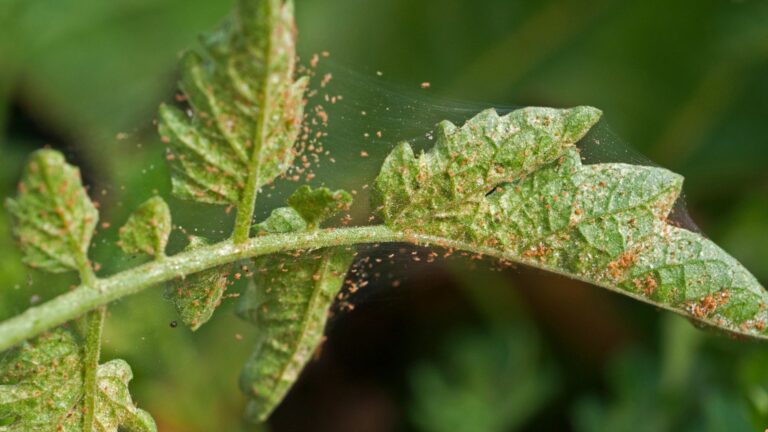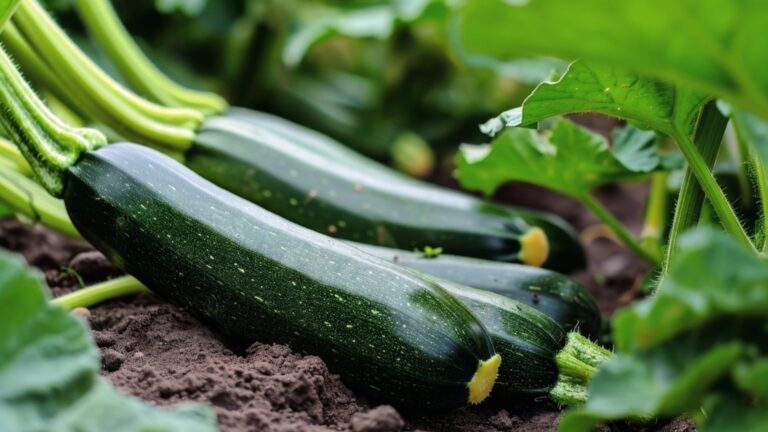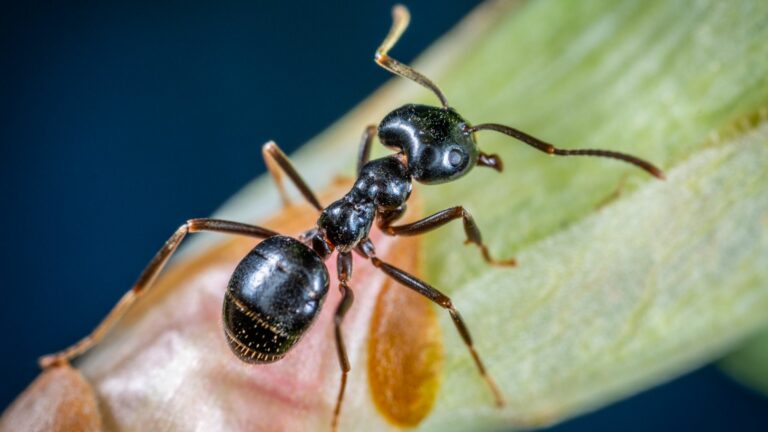Massachusetts Homeowners Use These 11 Plants To Repel Mice Naturally
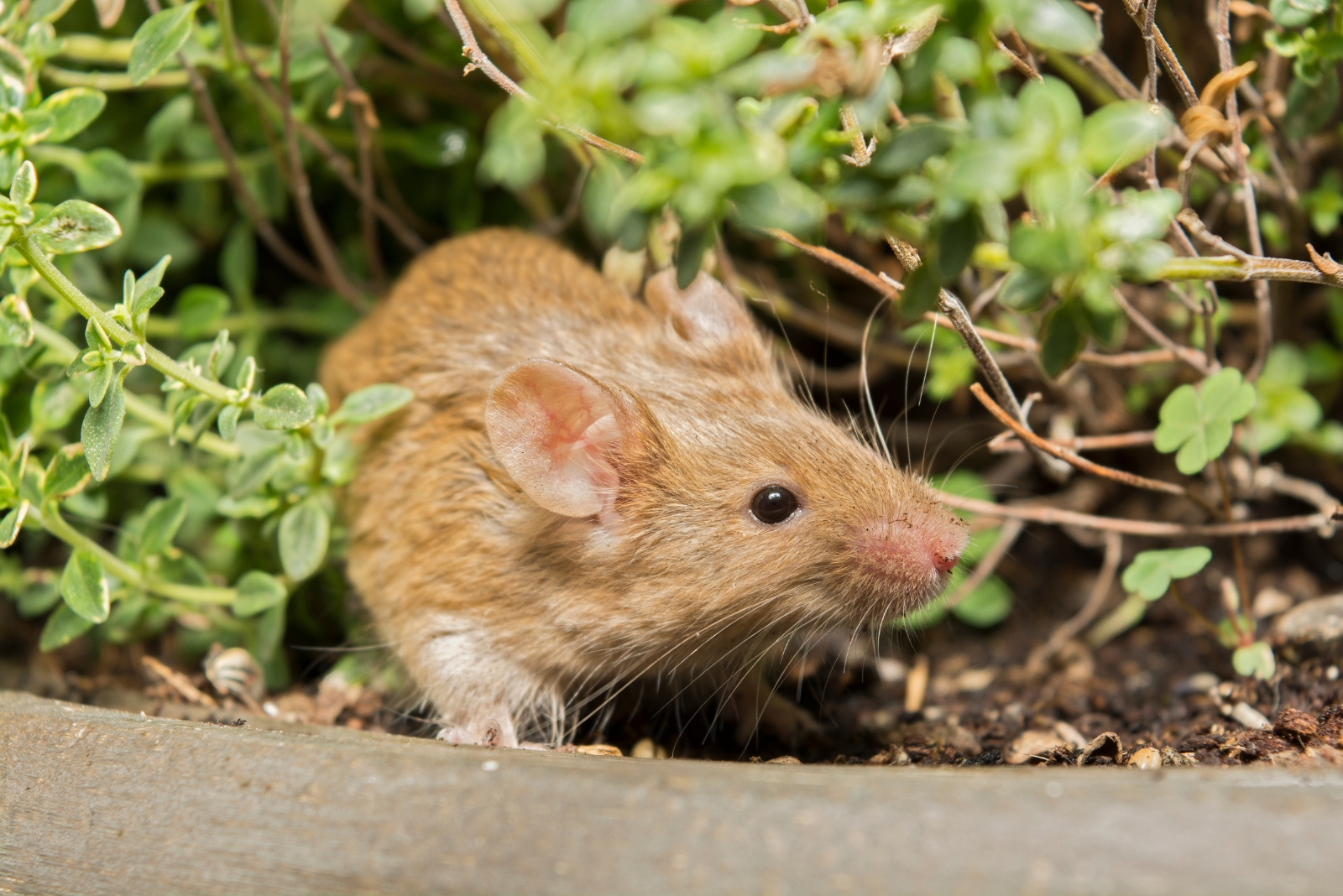
Mice can be a real problem for homeowners in Massachusetts, especially when the weather gets cold. Instead of using harsh chemicals or traps, many people are turning to natural solutions that work just as well.
Certain plants give off smells that mice absolutely hate, keeping them away from your home without harming your family or pets.
1. Peppermint
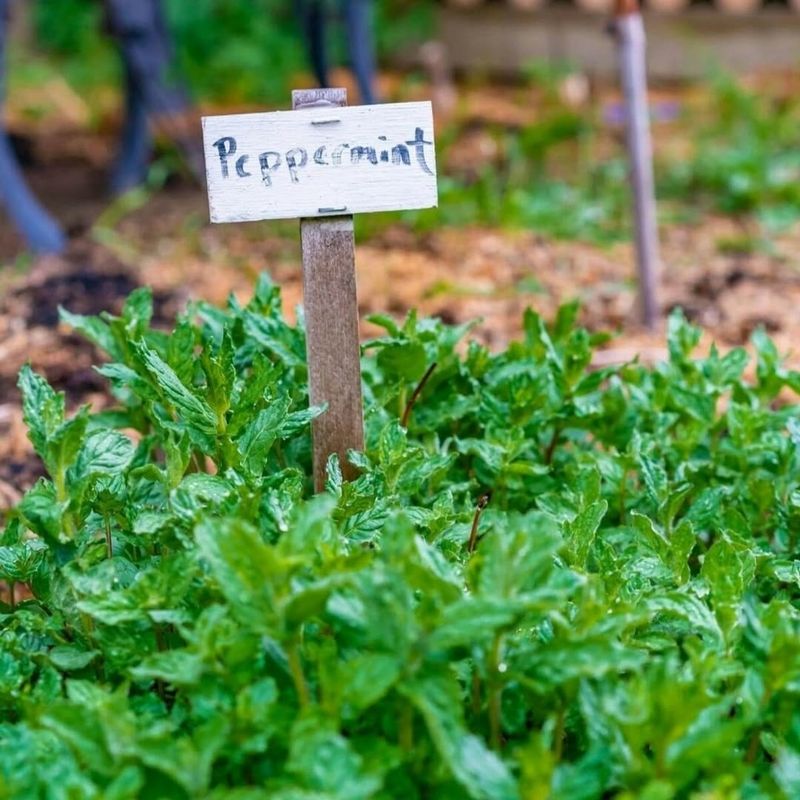
Strong menthol scents overwhelm the sensitive noses of mice, making peppermint one of the most powerful natural deterrents available. Plant it near doorways, foundations, or anywhere you suspect mice might enter your home.
Fresh leaves work better than dried ones because they release more oil. You can also crush a few leaves and place them in problem areas for extra protection.
Peppermint grows quickly and spreads easily, so keep it in containers if you want to control its growth around your property.
2. Lavender
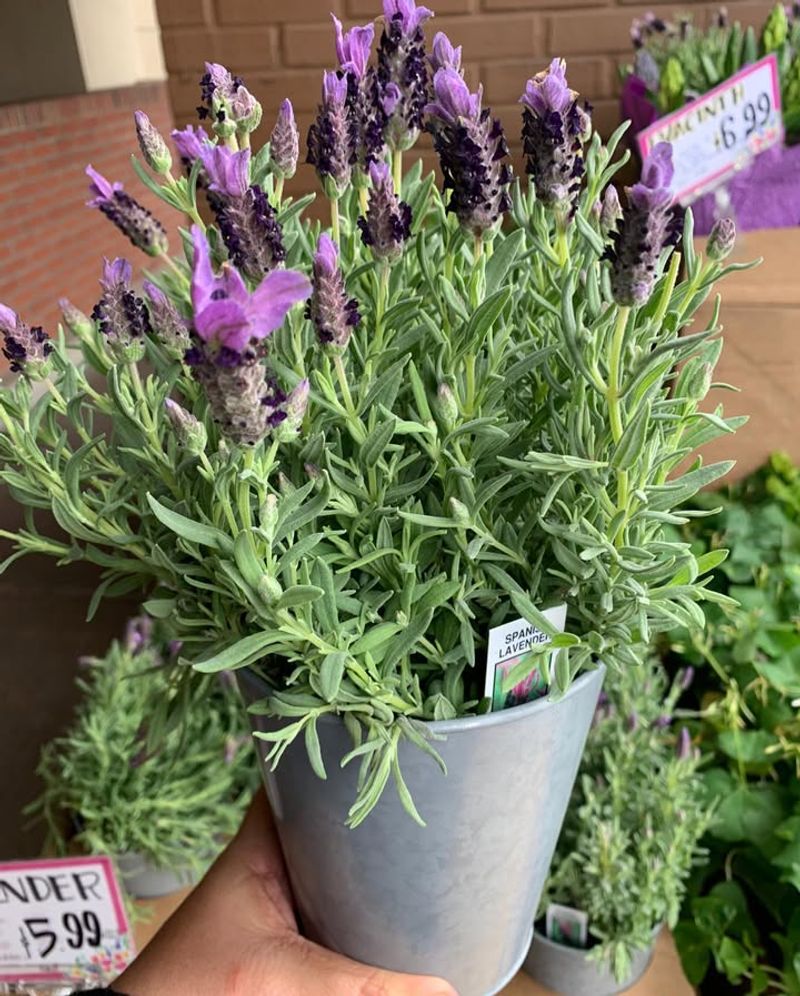
While humans love the calming scent of lavender, mice find it absolutely unbearable and will avoid it completely. This beautiful purple flowering plant serves double duty by making your garden gorgeous while protecting your home.
Plant lavender along walkways or near windows where mice typically try to sneak inside. The flowers dry beautifully and maintain their repellent properties even after cutting.
Massachusetts winters can be tough, so choose hardy varieties that survive cold temperatures and come back year after year.
3. Rosemary
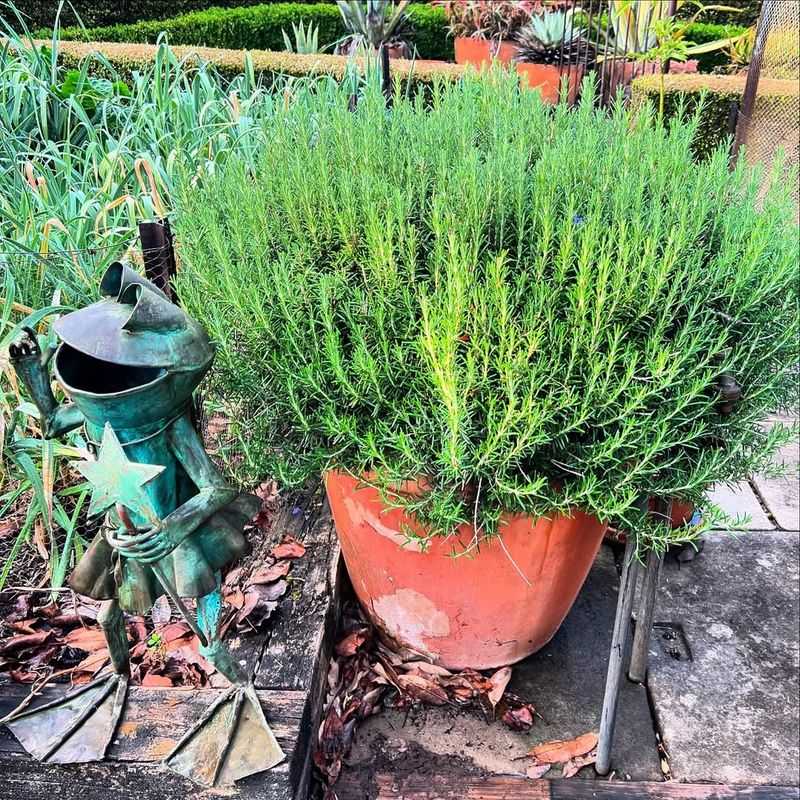
This woody herb packs a punch with its intense piney aroma that sends mice running in the opposite direction. Rosemary thrives in sunny spots and well-drained soil, making it perfect for Massachusetts gardens during warmer months.
Besides repelling pests, you can snip fresh sprigs for cooking, giving you two great benefits from one plant. Place potted rosemary near entry points like garage doors or basement windows.
Bring containers indoors during winter to continue protecting your home while enjoying its fresh scent all season long.
4. Daffodils
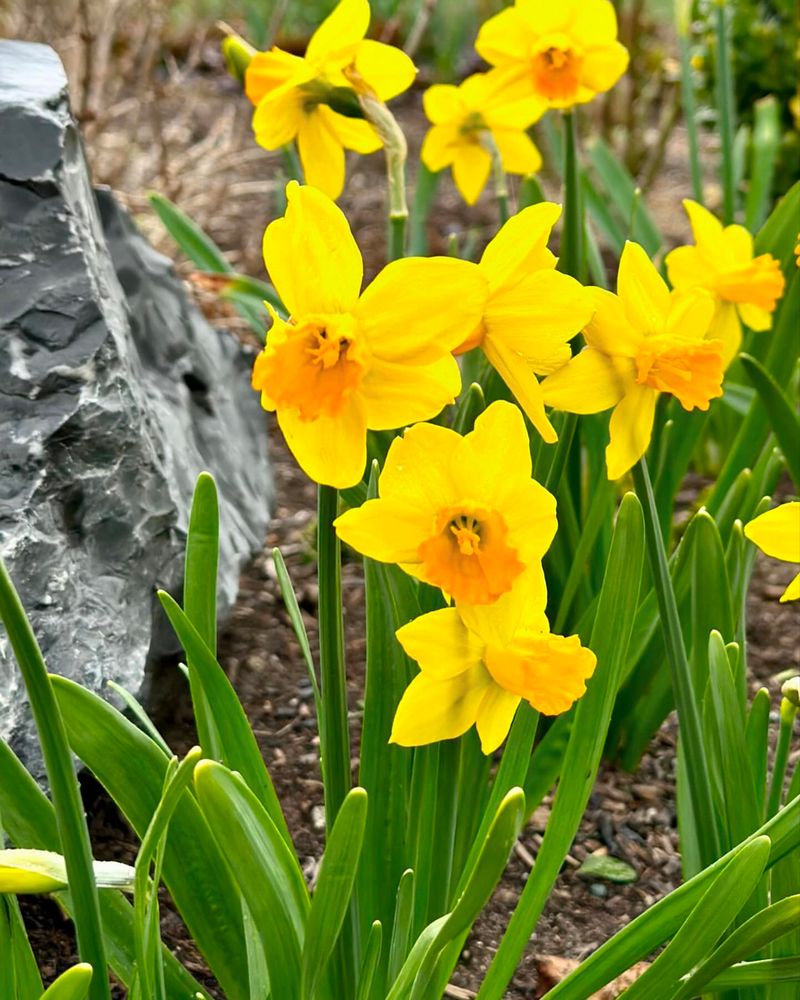
Cheerful yellow blooms announce spring while secretly guarding your property against unwanted rodent visitors. Daffodil bulbs contain toxic compounds that mice instinctively avoid, making them nature’s underground security system.
Plant bulbs in fall around your home’s foundation or garden beds where mice might burrow. They multiply naturally over time, creating an expanding protective barrier.
Massachusetts weather suits daffodils perfectly since they need cold winters to bloom properly, returning reliably every spring without replanting.
5. Garlic
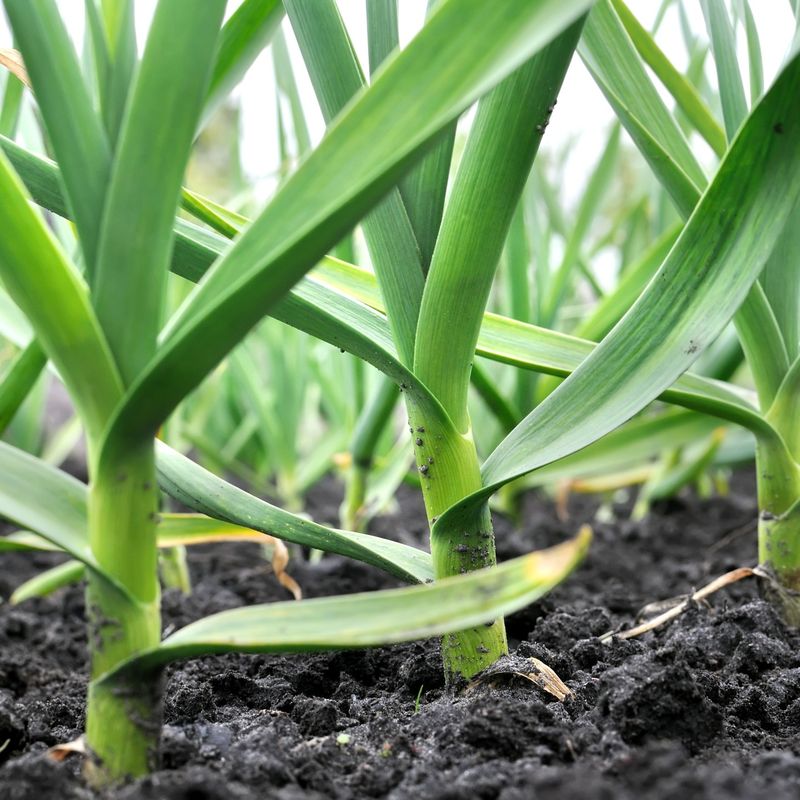
Did you know garlic’s powerful sulfur compounds work like invisible force fields against mice? Just like vampires in movies, rodents hate garlic and stay far away from areas where it grows.
Plant cloves in fall for summer harvest, positioning them strategically around sheds, garages, or compost bins. The smell intensifies as bulbs mature, providing stronger protection over time.
Bonus points for growing your own cooking garlic while naturally defending your property from pests without spending money on exterminators or chemicals.
6. Marigolds
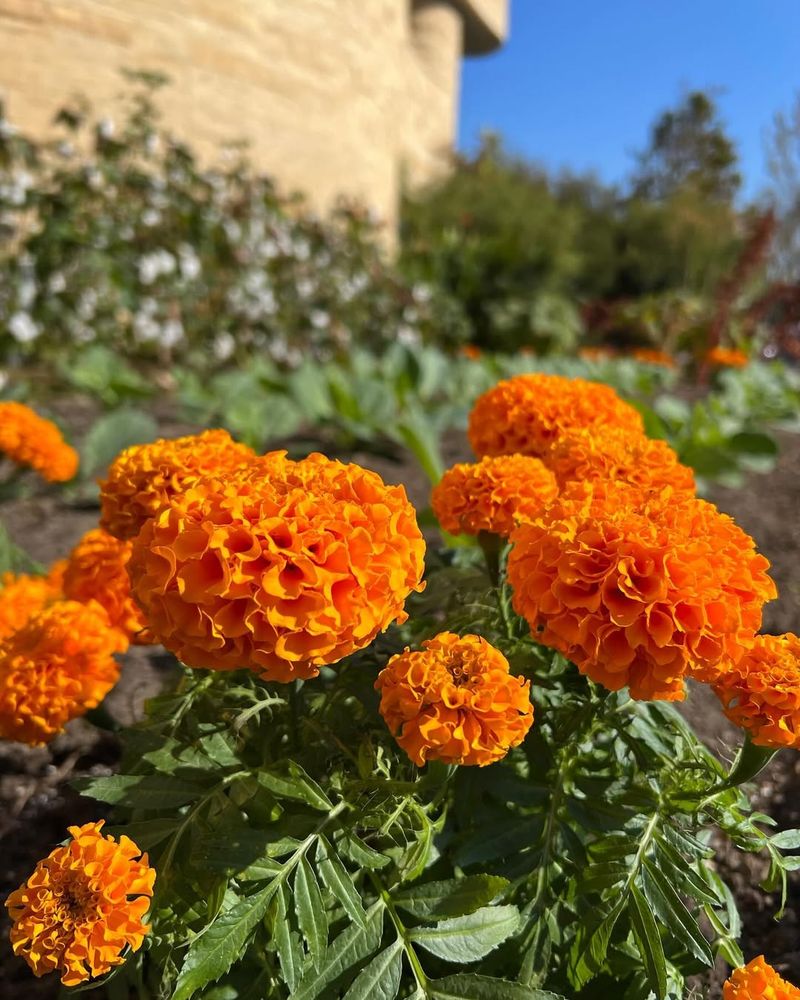
Bright orange and yellow blooms bring cheerful color while their distinctive musky scent keeps mice at bay throughout the growing season. Marigolds contain pyrethrum, a natural compound that repels many pests including rodents.
Plant them as borders around vegetable gardens or flower beds to create protective barriers. They grow easily from seed and bloom continuously until frost arrives.
Massachusetts gardeners love marigolds because they handle summer heat well and require minimal care while working overtime to protect your property naturally.
7. Catnip
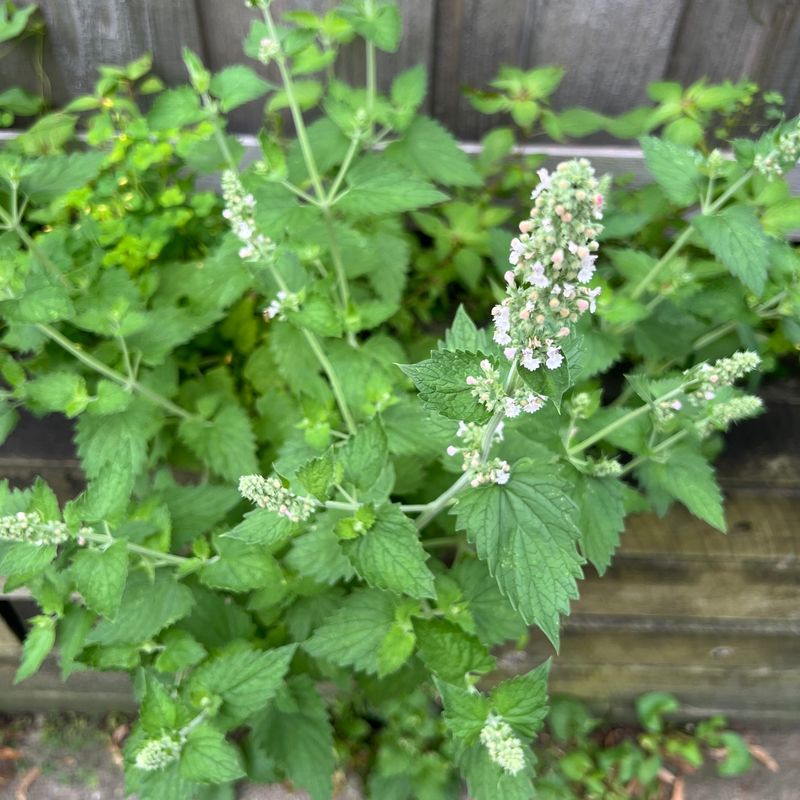
Cats go crazy for it, but mice absolutely despise the strong odor that catnip releases into the air. This member of the mint family grows vigorously and spreads quickly once established in your garden.
Plant catnip near foundations, crawl spaces, or anywhere mice might attempt entry into your home. If you have outdoor cats, they’ll enjoy rolling in it while helping guard against rodents.
Container growing works best if you want control over its enthusiastic spreading habit in Massachusetts gardens and yards.
8. Sage
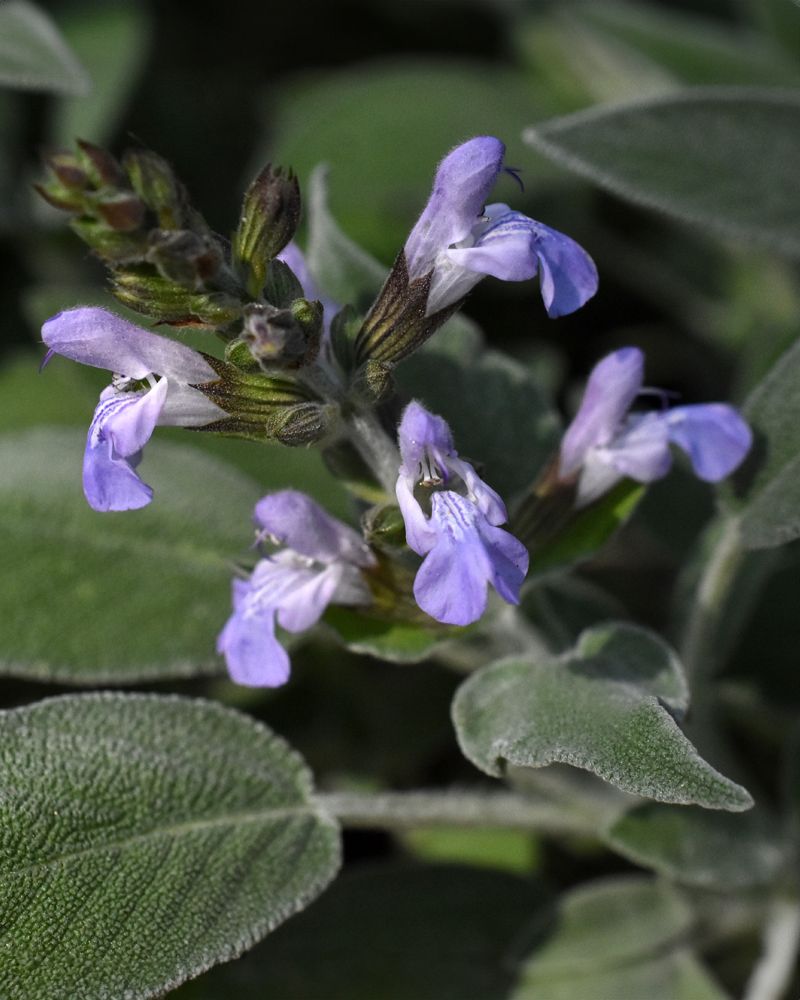
Fuzzy silver-green leaves release earthy, camphor-like scents that confuse and repel mice trying to navigate near your home. Sage grows happily in Massachusetts gardens and tolerates various soil conditions.
Position plants near doorways, window boxes, or foundation plantings for maximum protective coverage. Both fresh and dried leaves maintain their repellent properties effectively.
Harvest regularly for cooking while encouraging bushier growth that provides better coverage against rodent intruders throughout the entire growing season and beyond.
9. Chrysanthemums
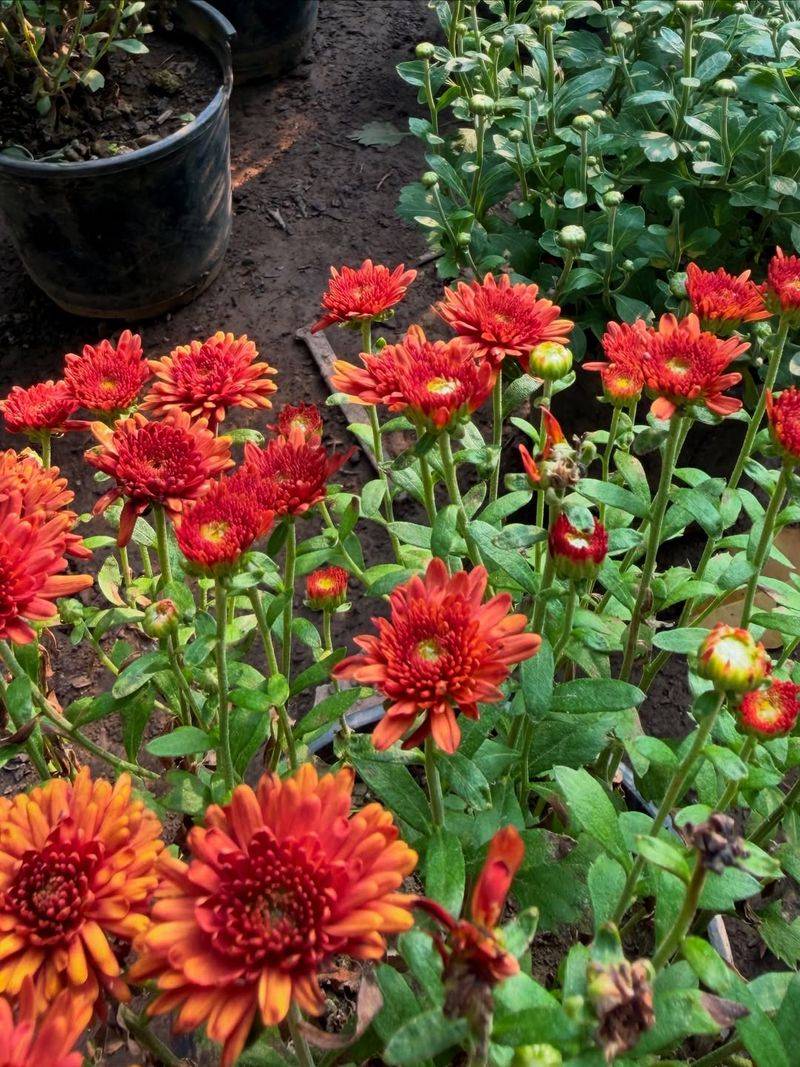
Fall favorites do more than decorate porches and gardens with gorgeous blooms in red, yellow, orange, and white. Chrysanthemums naturally produce pyrethrin, a powerful insect and rodent repellent that chemical pesticides often try to copy.
Plant mums around your home’s perimeter in late summer for autumn protection when mice start seeking warm shelter. They thrive in Massachusetts fall weather and bloom spectacularly.
Perennial varieties return annually, building up your natural defense system while adding seasonal beauty to your landscape year after year.
10. Eucalyptus
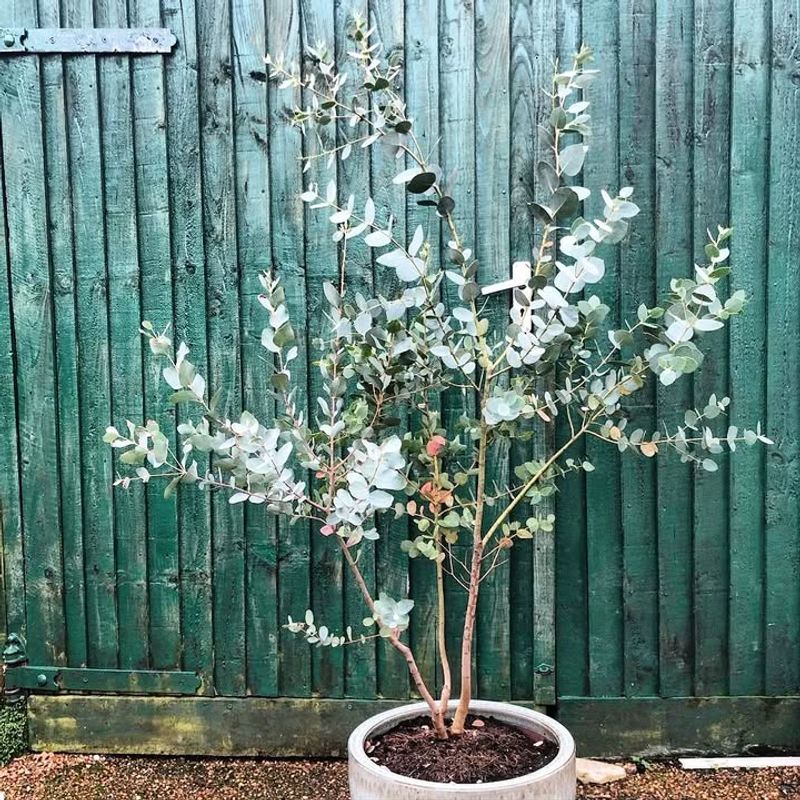
Those distinctive silvery-blue leaves pack incredibly strong essential oils that mice find overwhelming and completely intolerable. While eucalyptus trees grow too large for most properties, smaller potted varieties work perfectly for Massachusetts homeowners.
Place containers near entrances, patios, or problem areas during warm months. The aromatic leaves stay effective even when dried and placed indoors.
Bring pots inside before frost hits, positioning them near suspected entry points to maintain year-round protection against rodents seeking winter shelter indoors.
11. Wormwood
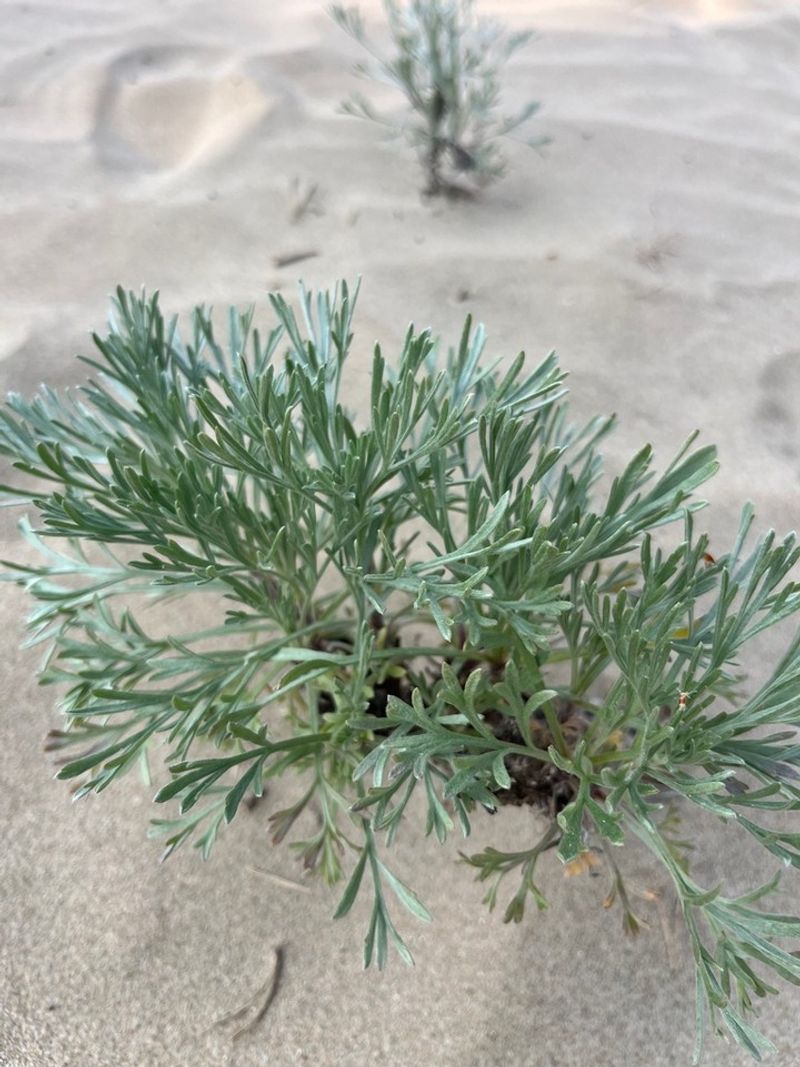
Ancient folklore recognized wormwood’s powerful pest-repelling abilities long before modern science confirmed its effectiveness against rodents. The silvery foliage contains bitter compounds called absinthins that mice find absolutely revolting.
Plant this hardy perennial along property borders or near outbuildings where mice typically hide. It tolerates poor soil and drought conditions beautifully.
Massachusetts winters don’t faze wormwood since it’s incredibly cold-hardy, returning reliably each spring to continue protecting your property without replanting or special care required.

